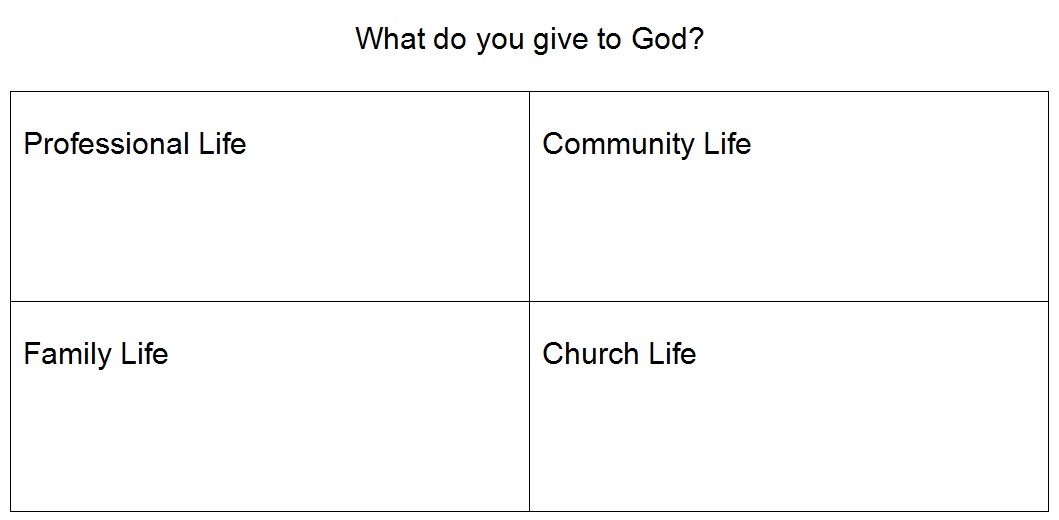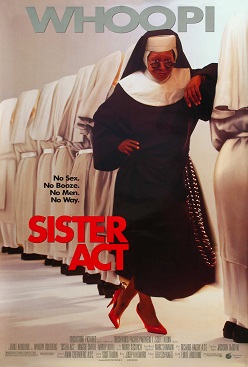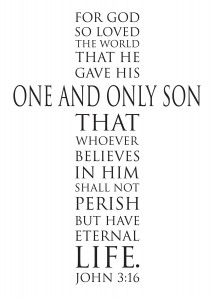When I bake bread I use 1 1/2 cups of water. The bread turns out just right with a yummy crust when I follow my simple recipe that I developed a few years ago. Like any good recipe it doesn’t work if you don’t follow the measurements. You need to understand what 1 1/2 cups are. A half a cup is a fraction of a cup. The bottom number is called denominator. Of all the fractions the denominator tells you which numerators belong together.
Churches are the same way. We are all one and the same body of Christ that starts with water: the water of Baptism. After that things got messy and we divided ourselves into different “churches”. Ultimately we are all numerals on the same scale but we set ourselves apart.
 Luckily we in the United Church of Christ hold on to the concept of the denominational church. We share a common denominator, a shared family name for all our more than 5000 congregations: United Church of Christ.
Luckily we in the United Church of Christ hold on to the concept of the denominational church. We share a common denominator, a shared family name for all our more than 5000 congregations: United Church of Christ.
As the body of Christ is symbolized in a loaf of bread so the church is carefully crafted with a recipe that has worked from day one: Be in covenant with one another and have structures in place to live out that covenant. A local church works closely with its sister churches in the same Association – in our case the Houston Association. The Associations work together as a Conference – in our case the South Central Conference. And we all share in the missions and ministries of the National Setting. Every “level” of church life has its unique flavors and responsibilities but ultimately we are all numerators of the same denominator.
 Our Conference Ministry, the Reverend Douglas Anders, ministers to our churches in Texas, Louisiana and Mississippi. He will be giving the Sermon next Sunday, April 26 in our 10 am service at St. John’s United Church of Christ. Ultimately being part of a denominational church is about relationship: recognizing kinfolk and sharing time, talent and resources to make the world better as a whole. Because ultimately that’s where the whole thing is headed – that one day there won’t be separate denominators anymore but the one Body of Christ: 1/1
Our Conference Ministry, the Reverend Douglas Anders, ministers to our churches in Texas, Louisiana and Mississippi. He will be giving the Sermon next Sunday, April 26 in our 10 am service at St. John’s United Church of Christ. Ultimately being part of a denominational church is about relationship: recognizing kinfolk and sharing time, talent and resources to make the world better as a whole. Because ultimately that’s where the whole thing is headed – that one day there won’t be separate denominators anymore but the one Body of Christ: 1/1




